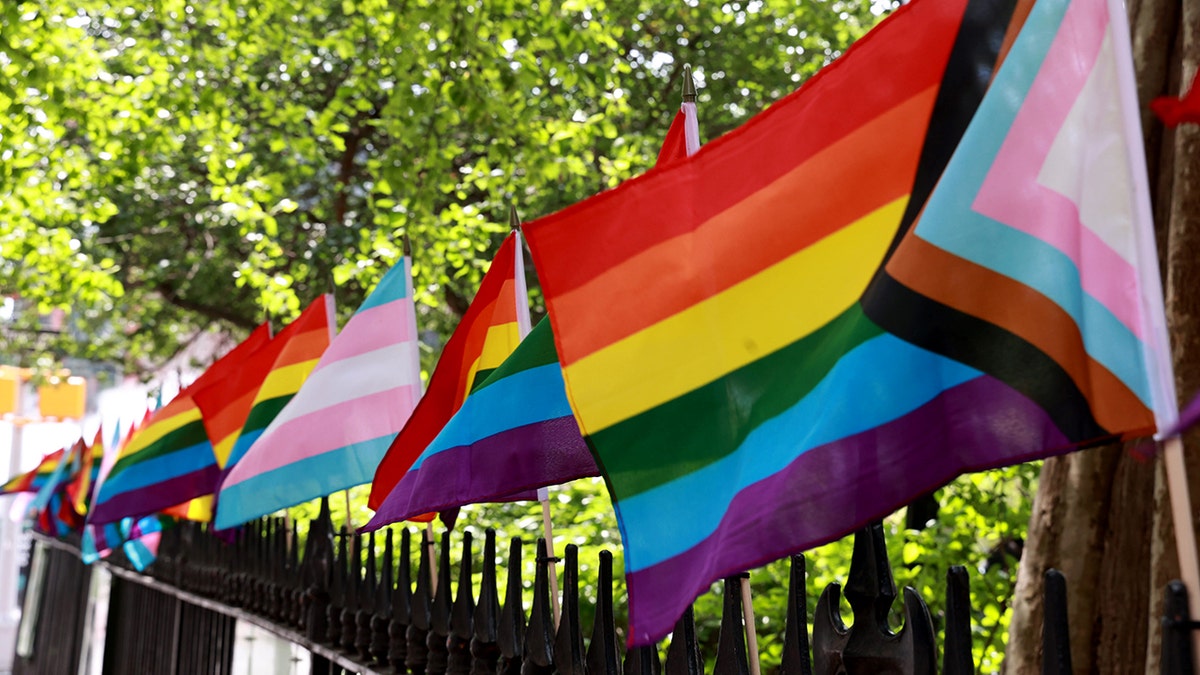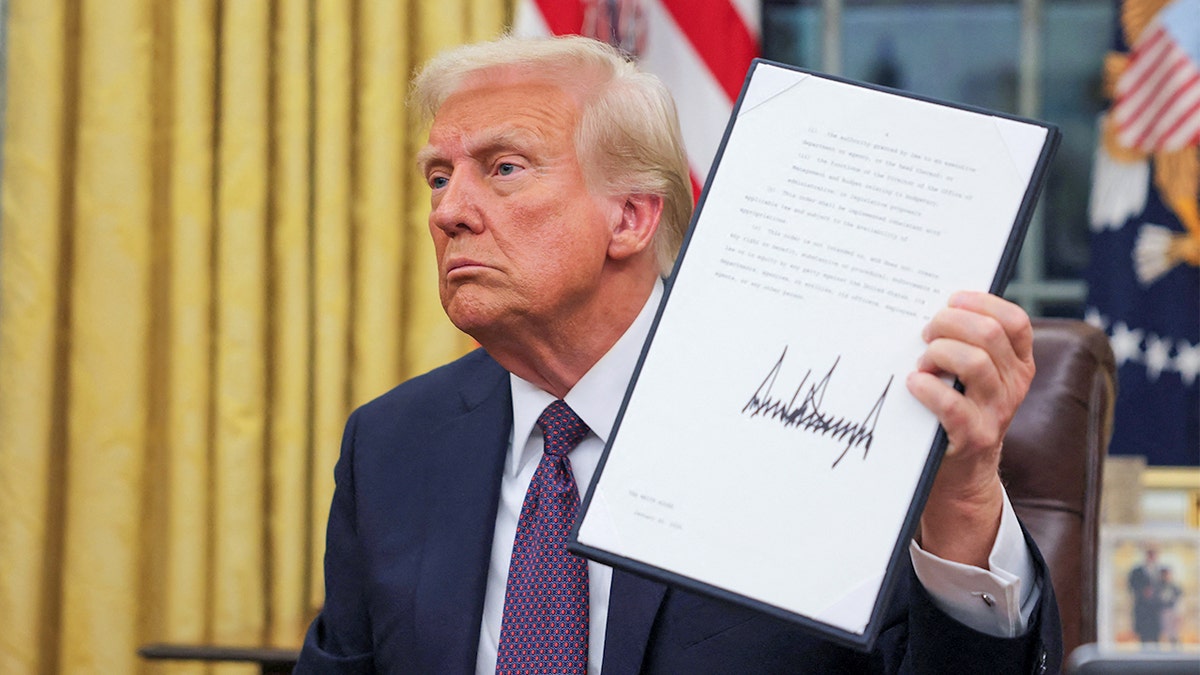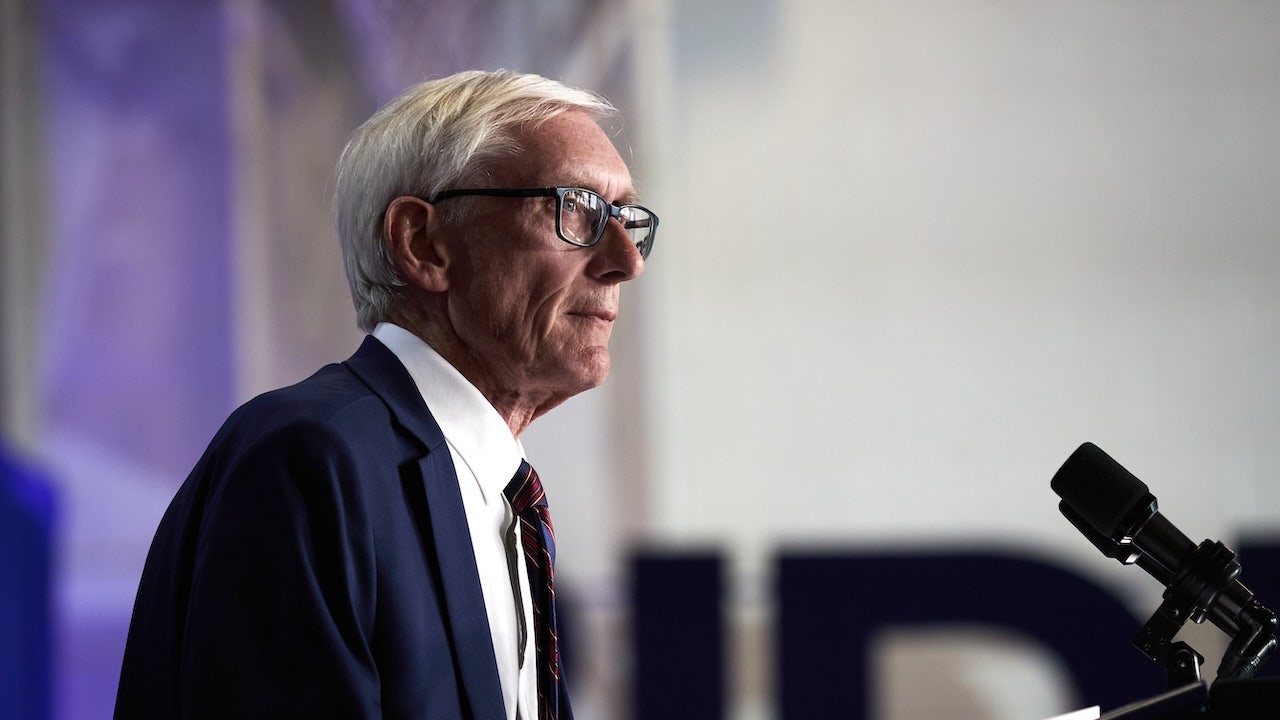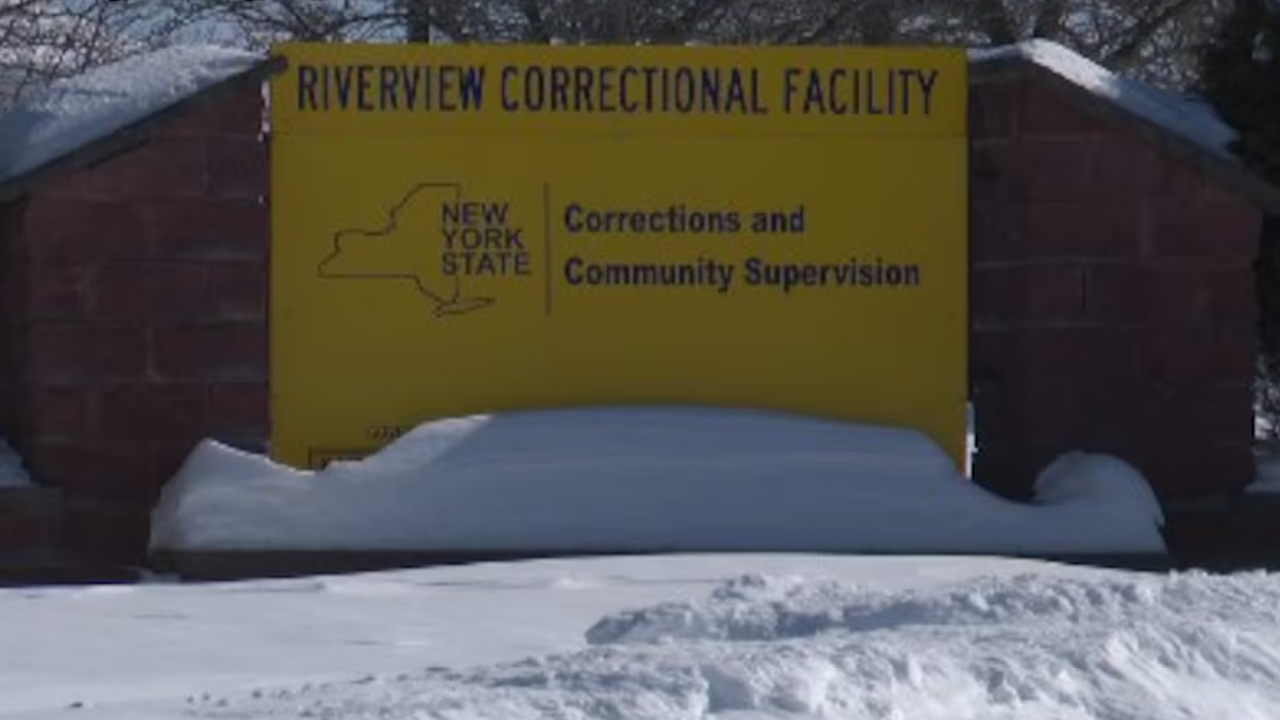Wisconsin’s Culture War Rages Over Gender Language Changes
Wisconsin’s culture war ignites over the bill that replaces “mother” with “inseminated person” and “paternity” with “parentage.” In a decision that has stirred significant controversy, Governor Tony Evers, a Democrat, introduced a budget recommendation that aims to redefine several gendered terms in state law.
A Shift in Legislative Language
The Evers administration’s proposed budget for the 2025-2027 fiscal period suggests altering not just the terms “mother” and “father,” but also replacing “wife” and “husband” with “spouse.” Furthermore, “father” transforms into “parent,” while “mother” is substituted with the phrase “parent who gave birth to the child.” This legislative change reflects deeper societal shifts and discussions surrounding gender and identity.
The introduction of this budget proposal took place through the state Senate’s Joint Committee on Finance, igniting immediate reactions from various political commentators and constituents.
How Public Figures Reacted
Wisconsin radio host Dan O’Donnell took to X to voice his frustration, deeming the language change “beyond parody.” Joining the fray, Senator Mike Lee of Utah chimed in with a simplistic yet powerful response: “red flag!” This immediate backlash showcases the political polarization this issue has generated.
Political Responses and Broader Implications
The Republican Governors Association (RGA) voiced strong disapproval. Executive director Sara Craig labeled Evers’ actions as “offensive to mothers.” She articulated a profound sentiment shared among many women: the irreplaceable value of motherhood. “If Tony Evers can reduce motherhood to an ‘inseminated person’ then our society is lost,” she stated, evoking an emotional reaction from her audience.
While presenting the budget, Evers focused on significant economic issues like eliminating income taxes on tips and preventing property tax hikes, yet he sidestepped the linguistic changes that have captured public attention.

National Trends and Local Responses
The ongoing discourse surrounding gendered language has been a focal point in recent years. Discussions range from terms like “chestfeeding” instead of “breastfeeding,” demonstrating how communities grapple with changing definitions of identity. In contrast, during his presidency, Donald Trump tackled the subject directly by issuing an executive order dubbed “Defending Women from Gender Ideology Extremism.”
President Trump’s directive sought to affirm the recognition of two biological sexes, male and female. This contrast with Evers’ approach highlights the complex dialogues unfolding in both local and national contexts. Amid this division, small businesses in Wisconsin, like Fair Trade Coffee House, are left to navigate a community torn between traditional values and progressive shifts.

The Future of Gender Language
This cultural moment offers much to reflect upon. As communities change, how language is used and understood shifts, too. Recently, themes of inclusion and redefinition have taken center stage, but they come with contention. Reflections from individuals like Evers showcase a supportive, yet divisive atmosphere. From a recent poll, over 70% of Wisconsinites believe maternity holds a special place in society, suggesting that understanding and appreciation for motherhood remains deeply rooted.
In light of these contentious discussions, the path forward for both the Evers administration and the broader Wisconsin community may depend on finding a middle ground—one that acknowledges diverse perspectives. Amidst the political back-and-forth, the voices from local communities ultimately shape the narrative.






































